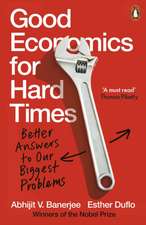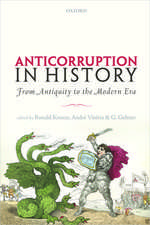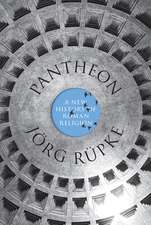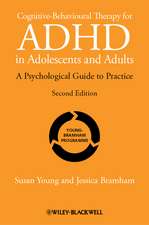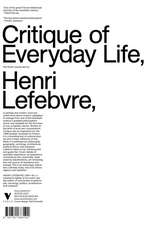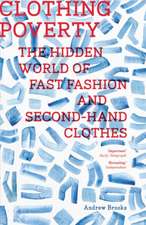The Psychology of Fatigue: Work, Effort and Control
Autor Robert Hockeyen Limba Engleză Paperback – 17 dec 2014
| Toate formatele și edițiile | Preț | Express |
|---|---|---|
| Paperback (1) | 285.16 lei 43-57 zile | |
| Cambridge University Press – 17 dec 2014 | 285.16 lei 43-57 zile | |
| Hardback (1) | 510.80 lei 43-57 zile | |
| Cambridge University Press – 15 mai 2013 | 510.80 lei 43-57 zile |
Preț: 285.16 lei
Nou
54.58€ • 59.31$ • 45.88£
Carte tipărită la comandă
Livrare economică 21 aprilie-05 mai
Specificații
ISBN-10: 1107477808
Pagini: 290
Ilustrații: 10 b/w illus. 3 tables
Dimensiuni: 152 x 229 x 15 mm
Greutate: 0.39 kg
Editura: Cambridge University Press
Colecția Cambridge University Press
Locul publicării:New York, United States
Cuprins
Recenzii
'This book is a perfect example of how psychological analysis can add value, depth, and an originality of perspective to a topic significant to us all. Eclectic, scholarly, but most of all accessible, Hockey's book guides us through the wide-ranging literature related to fatigue with an impressive grasp. He amply demonstrates the very best qualities of twentieth-century British psychology from which he comes.' Mark Lansdale, University of Leicester
Descriere
Fatigue can have a major impact on an individual's performance and well-being, yet is poorly understood, even within the scientific community. There is no developed theory of its origins or functions, and different types of fatigue (mental, physical, sleepiness) are routinely confused. The widespread interpretation of fatigue as a negative consequence of work may be true only for externally imposed goals; meaningful or self-initiated work is rarely tiring and often invigorating.
In the first book dedicated to the systematic treatment of fatigue for over sixty years, Robert Hockey examines its many aspects - social history, neuroscience, energetics, exercise physiology, sleep and clinical implications - and develops a new motivational control theory, in which fatigue is treated as an emotion having a fundamental adaptive role in the management of goals. He then uses this new perspective to explore the role of fatigue in relation to individual motivation, working life and well-being.

